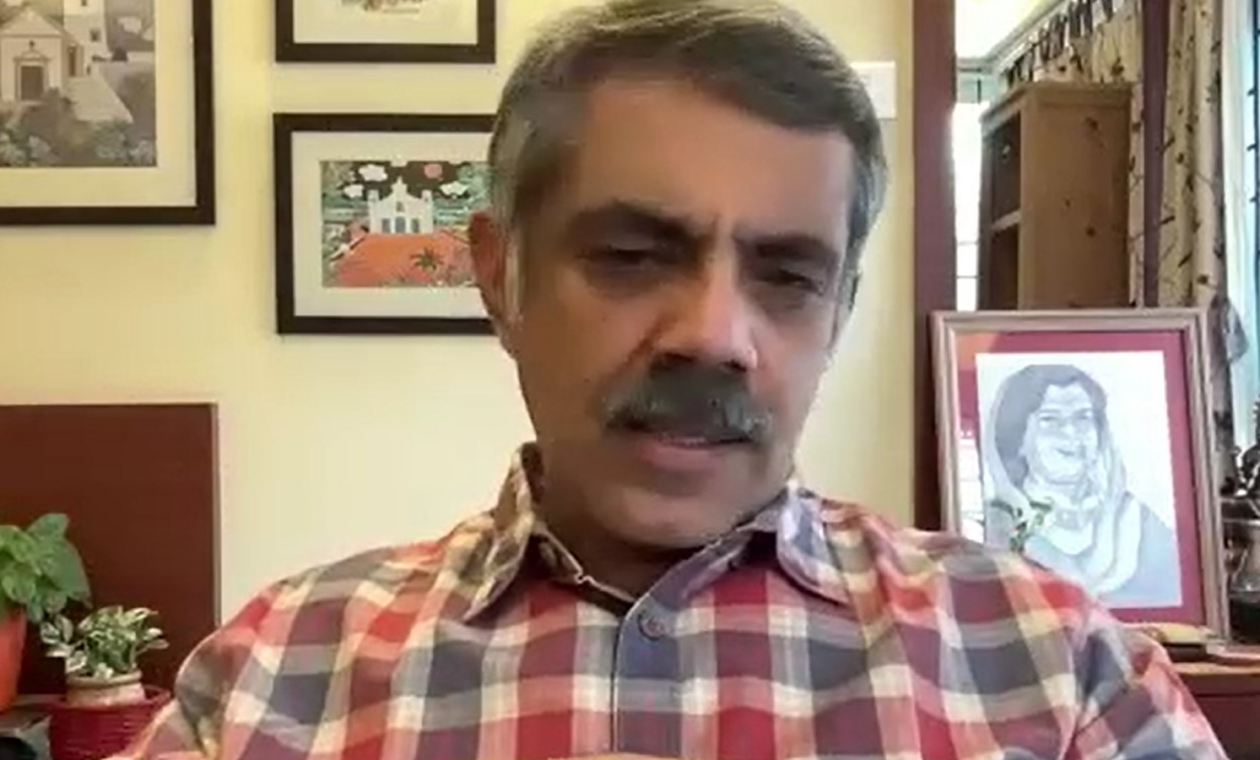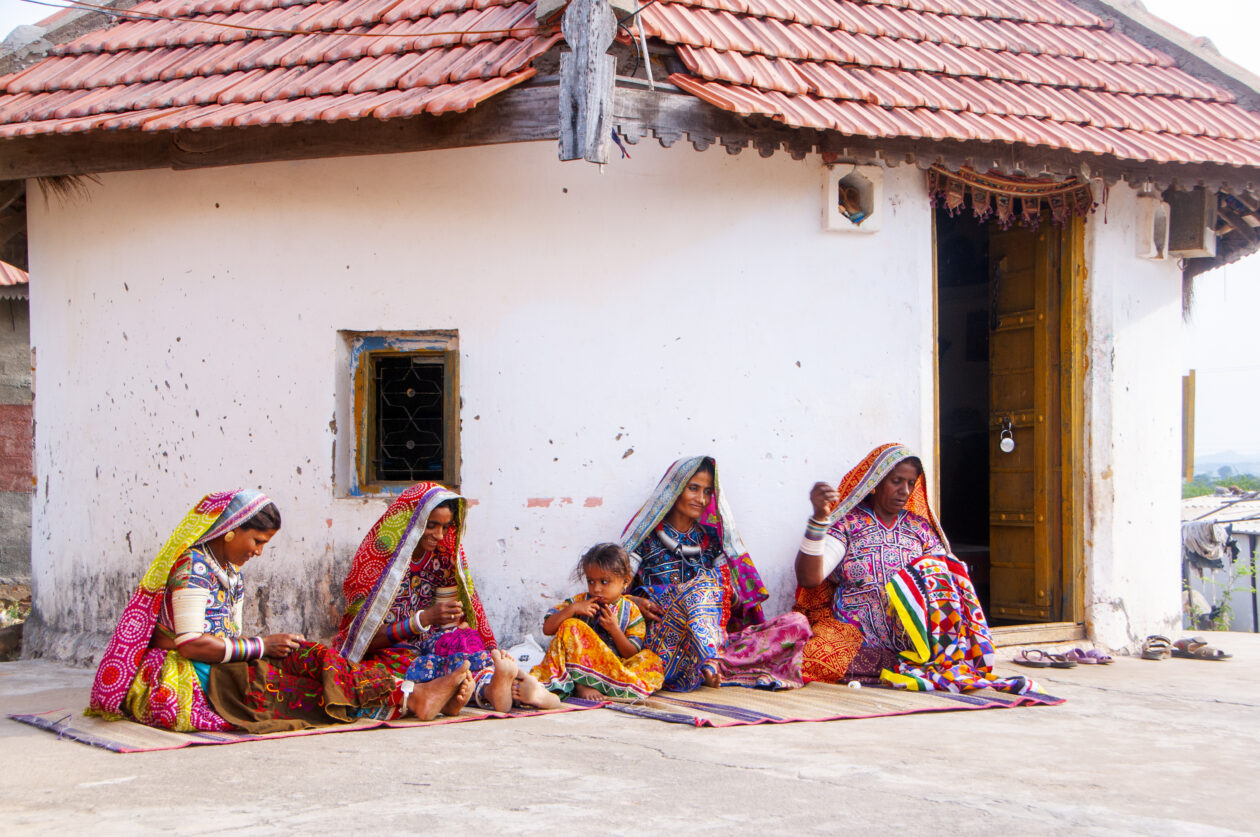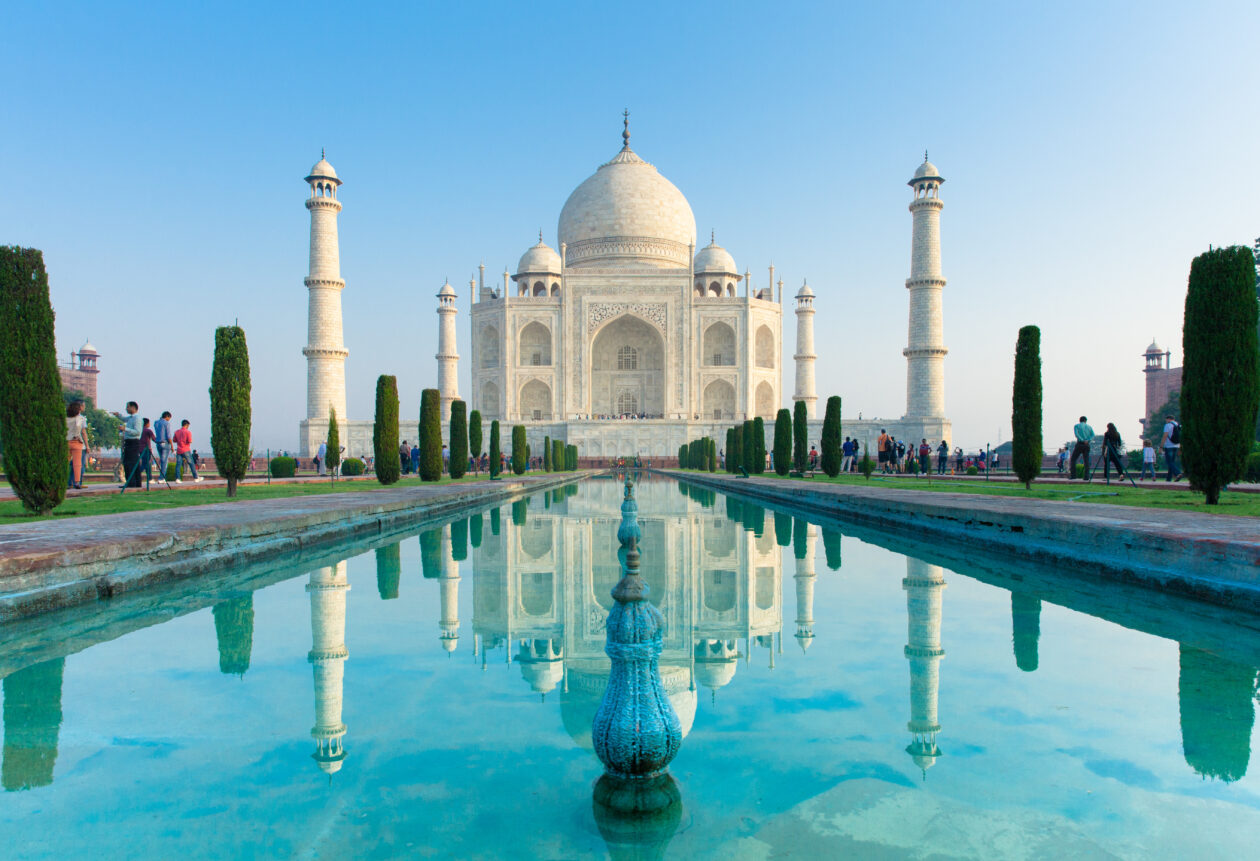The India Blockchain Alliance (IBA) was set up in 2018 by Raj Kapoor — an advisory board member at over 50 blockchain companies — based on the idea the technology could help reshape financial, social and governance systems in the world’s most populous nation and make them more decentralized, open and equitable.
While India’s government has warned about risks in cryptocurrency trading, it has shown support for blockchain technology as have several states in India. Pune state is adopting blockchain to record real estate transactions to reduce fraud. Police in the northern state of Uttar Pradesh have set up a blockchain-based online portal to ensure filed complaints cannot be tampered with or deleted.
The IBA, which said it works with startups and hundreds of colleges across India, is also a partner with the Nordic Blockchain Association and the FinTech Association of Sri Lanka.
In an interview with Forkast’s Pradipta Mukherjee, Kapoor, who is also IBA’s chief executive officer, discussed the state of blockchain-based projects in India.
The following Q&A has been edited for clarity and length.
Pradipta Mukherjee: The IBA has been around for five years now. Tell us about your journey and the impact that IBA is looking to make in India?
Raj Kapoor: When we set up in 2018, whenever we spoke about blockchain, everybody only asked about Bitcoin. They equated blockchain with Bitcoin and vice versa. One of the key reasons why I established this organization was to make people understand the impact of the technology and not necessarily crypto or Bitcoin. I also believe that India has the power to harness this technology because we have the right resources, but we don’t have the direction.

My two co-founders and myself first started with the education system. We started creating programs for universities, colleges, and institutions. Today we work with more than 250 universities and colleges across the country. We have set up centers of excellence. We teach blockchain at different levels depending on what type of universities or institutions they are.
We mentor a lot of startups. We do a lot of work with the government in terms of giving them advice on what could be blockchain interventions for policy, standards, [and] frameworks.
Mukherjee: What is the future of blockchain in India?
Kapoor: Any blockchain has a form of tokenization or a reward system. Entire asset classes are going to be tokenized. Today we have tokenized real estate, bonds, and we can tokenize any asset including green carbon credits. The next five to 10 years will see a major shift from the way things are today to getting tokenized and therefore accessible to most. Those tokens have nothing to do with crypto.
I’m involved in more than 50-odd local projects and another 70 or 80 outside the country. Those are all blockchain projects that have nothing to do with crypto. What we do promote is the adoption of blockchain, distributed ledger technology and everything that flows with it, such as the metaverse, NFTs (non-fungible tokens), DeFi (decentralized finance) and Web3.
Mukherjee: Can you talk about the blockchain projects you are working on in India?
Kapoor: For a couple of universities in India, we are putting certificates on the blockchain so that it’s easy for anybody across the world to verify the degree of an individual. IBA doesn’t have a tech team to create it. We design the architecture, the solutioning and the way forward, and then work together with implementation partners to complete the initiative.
We’re working on a private healthcare project where we are putting all health records on the blockchain, which can be accessed by all hospitals across India. We have got hospitals, physiotherapists, chemist shops, all into the ecosystem.
We’re also creating a complete human resource system on blockchain that allows for checks of the authenticity of resumes filed by potential employees.
Another pilot project we are doing in India is for women who face sexual harassment — whether it’s in public, work, even at home and within families. A lot of women victims don’t know where to go, so we created a blockchain-based app where women report anonymously. The project is in the beta phase, yet we already have more than 140,000 women on the platform, which is surprising.

With the Goa Government, I’m doing a lot of projects on the blockchain, primarily, putting all land records on the blockchain. After Goa gained independence, one of the main problems was the lack of land records and there were many cases of duplication.
Mukherjee: What are the shortcomings that you face when working on these projects in India?
Kapoor: First is blockchain interoperability. The interconnectivity is not cheap and it’s not guaranteed.
The second is the number of transactions per second. For instance, if you suddenly have 100,000 people logging in within minutes of each other, the process becomes slower.
The third is lack of awareness. Once the public is aware of the benefits of blockchain, the adoption will be better. Right now, adoption is lackadaisical to say the least.
The fourth, is security concerns. Now, whenever there is interoperability, it is through a bridge. This bridge has vulnerabilities that are not recognized by most Indian companies. Therefore, security, interoperability, transaction speed, and awareness are the main problems.
Mukherjee: There were talks about remote voting during polls using blockchain. Has that taken off in India?
Kapoor: There is a pilot program happening in Telangana [in south India]. It is great for people who are not in the state and wish to vote, or for the elderly who don’t want to stand in line at polling booths. What we have not identified completely are the security plugs so that we have a sacrosanct safe system.
Mukherjee: Where do you see India’s central bank digital currency (CBDC) adoption headed?
Kapoor: We talk about CBDC [but] are we CBDC ready? Are the banks CBDC ready? The awareness of CBDC in the banking sector is abysmally low.
We need to have our financial system ready for it. The backward integration needs to be done and the awareness within the banking system needs to be built first.
I believe that CBDC is great for business to business, but it is the adoption that will take time. If there are many other options, people may not go for a CBDC. So, people’s fears have to be allayed first and explained that this is a better system. But it’s very difficult to change people’s mindsets, especially in India where businesses are very traditional. It has to be in a staggered process of awareness, benefits, advantages, transparency and trust. It is a long-term process.






